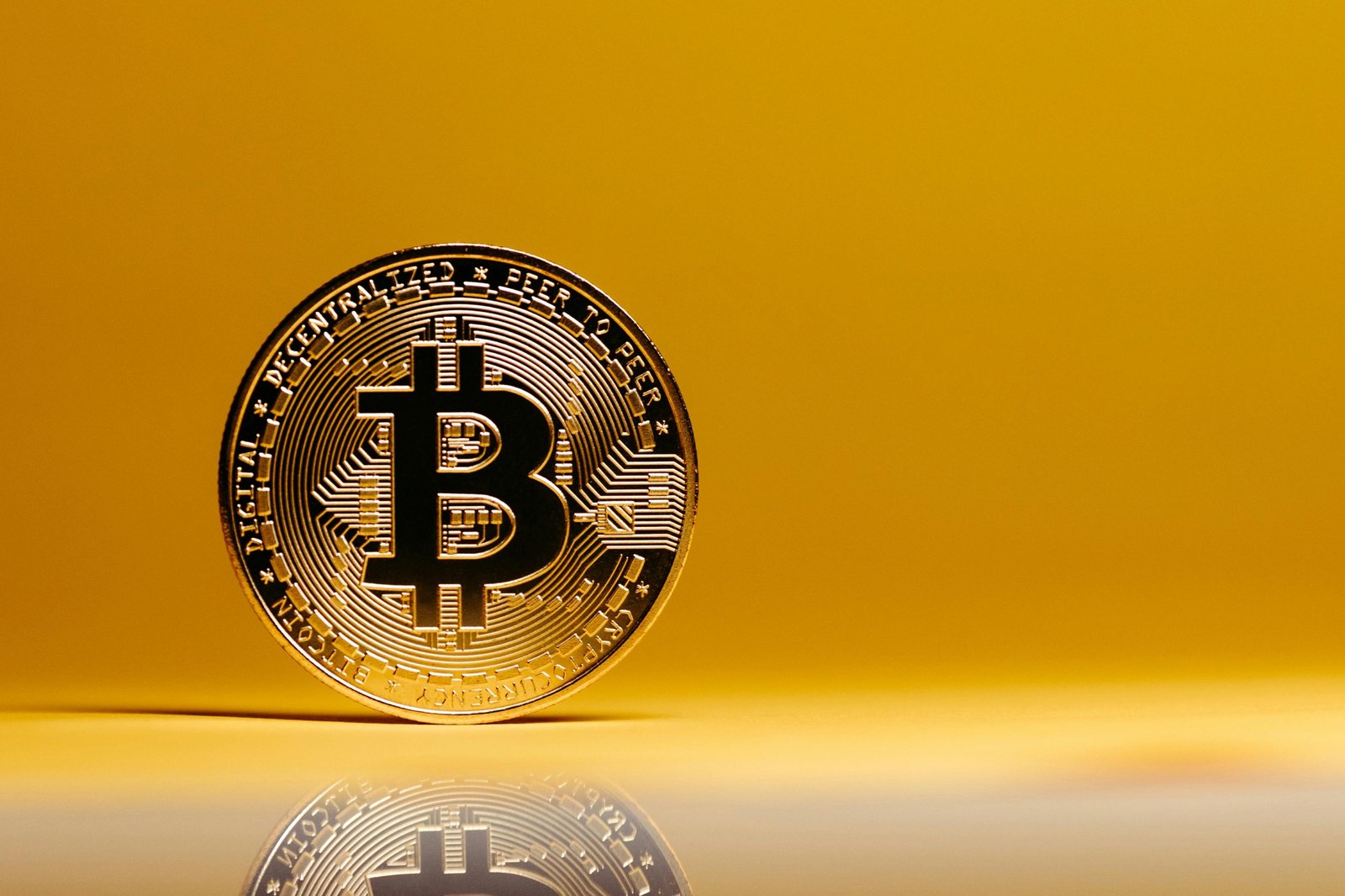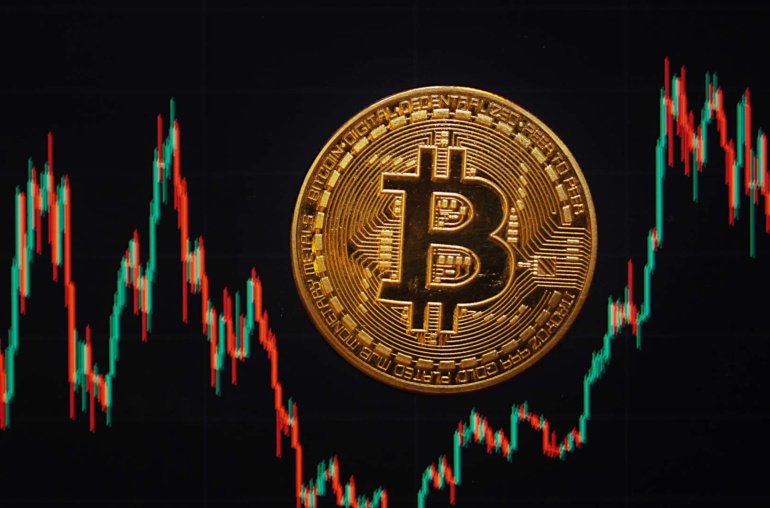Peter Schiff, the Global Strategist at Europac, has once again expressed his skepticism about the future of Bitcoin in the ongoing battle between gold and the popular digital currency. Schiff, a long-time advocate for gold, highlighted the recent surge in the price of the precious metal, which has now hit a new high of nearly $2,450.
Taking a jab at Bitcoin, Schiff pointed out that the digital currency had experienced a 30% drop since its record high in 2021. He emphasized that gold continues to demonstrate its stability and value, while Bitcoin is viewed as a speculative bubble. These remarks come at a time when the price of Bitcoin is experiencing significant fluctuations, intensifying the competition between traditional assets and digital currencies.
The recent performance of Bitcoin has been tumultuous, with the leading cryptocurrency experiencing ups and downs in its price trajectory. After reaching a peak of over $73,000 in mid-March, Bitcoin gradually declined, ultimately settling around $65,000. However, in the following months, the price plummeted to $52,000 due to selling pressure from large holders and the German government, causing turbulence in the market.
Despite the challenges faced by Bitcoin, the cryptocurrency has shown resilience by gradually rebounding in recent days. Currently trading at $64,570, Bitcoin has seen a 5% increase in value over the past 24 hours. While some investors view this recovery as a positive sign, Schiff remains unimpressed, dismissing it as a minor uptick within an overall downward trend and cautioning investors to reconsider their Bitcoin holdings.
Schiff’s negative stance towards Bitcoin is not new, as he has consistently criticized the digital currency, labeling it as a speculative asset with no intrinsic value compared to assets like gold. He attributes Bitcoin’s recent price fluctuations to its speculative nature, warning investors against falling into the trap of pursuing quick wealth without understanding the fundamentals of value.
Despite Schiff’s criticisms, proponents of Bitcoin argue that its long-term potential to revolutionize the financial industry and leverage blockchain technology outweigh its current volatility. They believe that Schiff’s perspective is outdated and fails to recognize the transformative power of blockchain technology in reshaping traditional financial systems.
In conclusion, the debate between gold and Bitcoin continues to unfold, with contrasting views on the future prospects of each asset. While Schiff remains steadfast in his support for gold and skepticism towards Bitcoin, supporters of the digital currency remain optimistic about its potential to drive innovation and disrupt traditional financial paradigms. As the battle between traditional assets and digital currencies intensifies, only time will tell which asset emerges victorious in the ever-evolving financial landscape.



